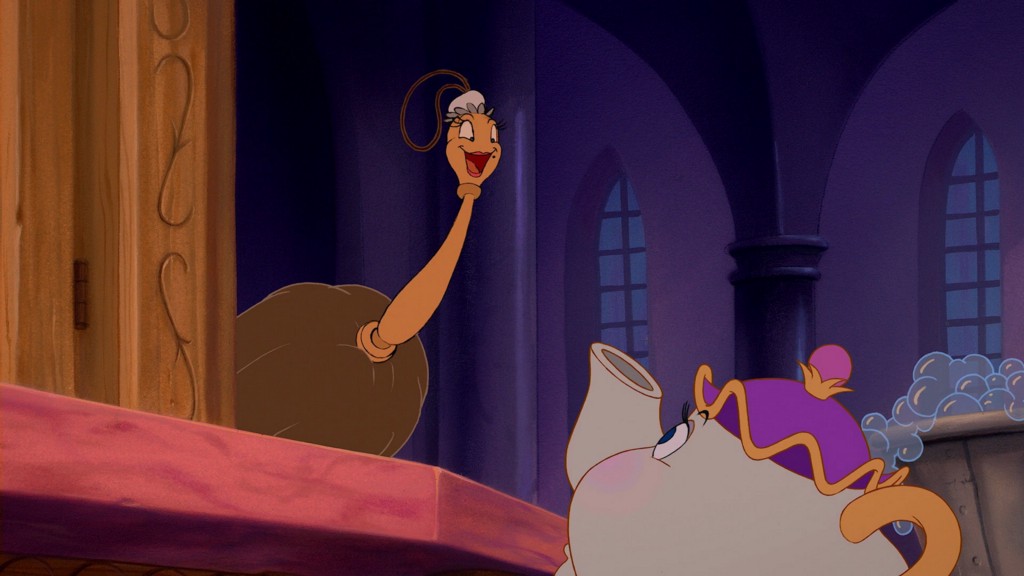Dirty Work
What it’s like to clean the homes of others.

Here is the best part of Lizzie Feidelson’s fascinating and beautiful essay about the economics of working as a housecleaner in New York in the fall issue of n+1.
Despite her background in finance, her way with money was strange. She had me collect cash payments from my clients, which I’d tote around for weeks in an envelope before she’d meet me to collect her share. She’d retrieve the money at irregular intervals, arranging to meet in various Borders bookstores. She called it “doing money.” MEET ME TO DO MONEY, she would text. I’M IN THE CHILDREN’S SECTION. When I arrived at the specified Borders, she would be sitting in a child-size chair. I’d squat beside her while she recited my jobs by neighborhood — “Upper West Side, Upper West Side, Park Slope, Upper East Side, Lower East Side” — tallying the fees as she went. She divided the bills into shaky towers, one for me and one for her, which she balanced on either knee.
“MEET ME TO DO MONEY” is how I’d like to conduct all of my business deaings going forward. It’s direct. It’s to the point. It cuts through the awkward back and forth of counting the money, handing over the money and then making sure that whoever you’re paying is fine with what was offered. While the children’s section of a Borders bookstore isn’t precisely where I’d choose to conduct this business, the intention is true and the sense of urgency is appropriate. It makes sense. We’re doing money. Meet me; let’s do the money.
The rest of Feidelson’s essay is full of the kind of melancholy tidbits you’d expect from someone entrusted with your keys and the entirety of your messy little life for hours at a time.
It made me happy to discover pink nail polish in his half-bath’s medicine cabinet, but the paint inside was chunky with age. There was a disc of beige face powder in the medicine cabinet, too, but it had split into pieces inside the case. Later, while vacuuming the base of a corner shelf that held a collection of commemorative snow globes, I found a wallet-size photo of a woman clipped to a death certificate. She wore pearl earrings and had light brown hair and nice eyes. The cause of death was listed as murder. Upstairs, on the mantle in the main living space, where one might have placed a wedding photograph, I found a letter from Mayor Giuliani expressing his condolences to the families of September 11 victims.
Paying someone else to clean your home is a privilege; it’s also a matter of trust. Letting a stranger in to clean your home while you work can be an experience riddled with guilt. My roommates (there are 3 of them plus two cats) and I have a cleaning lady. Her name is Abigail and she comes once a month, turning my hovel into a sparkling clean oasis that smells faintly of Fabuloso. At first, I grappled with the jiggly sense of guilt I felt about paying someone else to clean my house, but I realized that it’s worth it. Her presence eases the friction of stilted conversations in the living room while one person vacuums the crumbs from between the couch cushion as someone steps gingerly over the vaccuum cleaner on their way out. She’s not doing it for free — it’s a job.
Support The Billfold
The Billfold continues to exist thanks to support from our readers. Help us continue to do our work by making a monthly pledge on Patreon or a one-time-only contribution through PayPal.
Comments